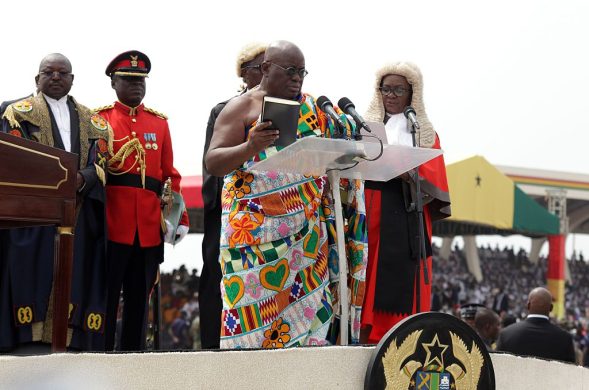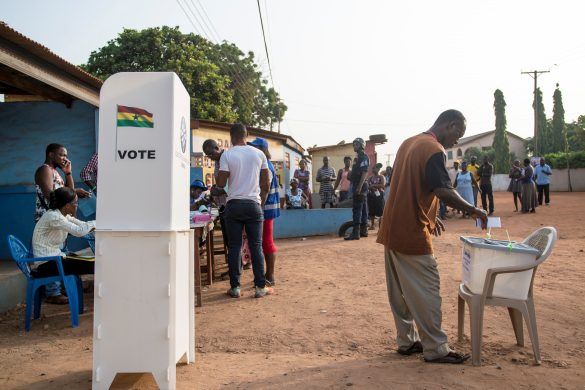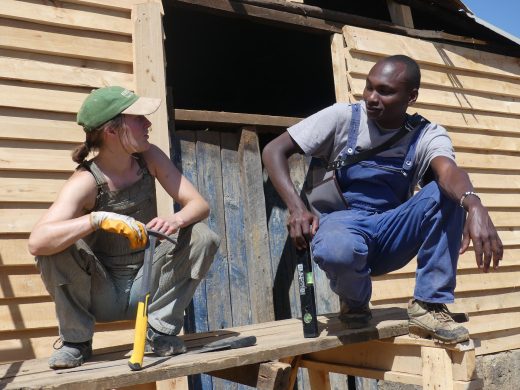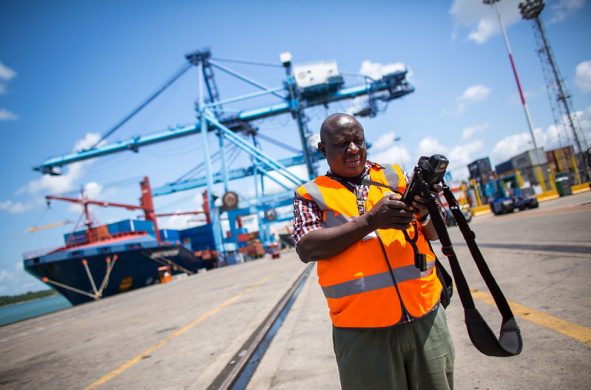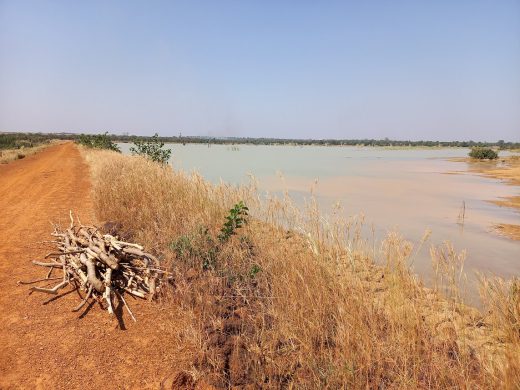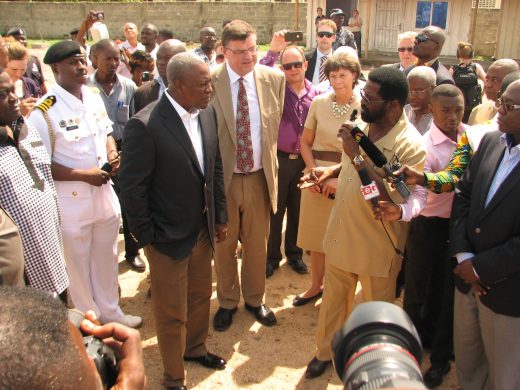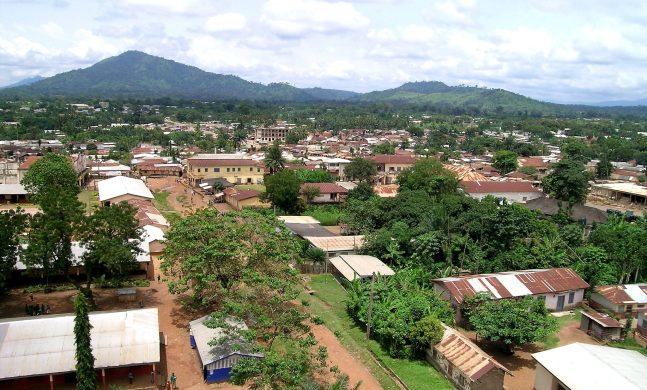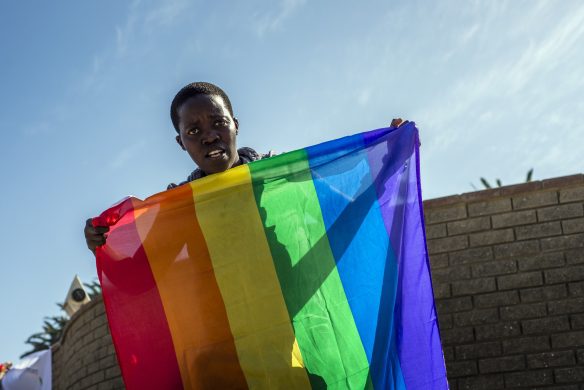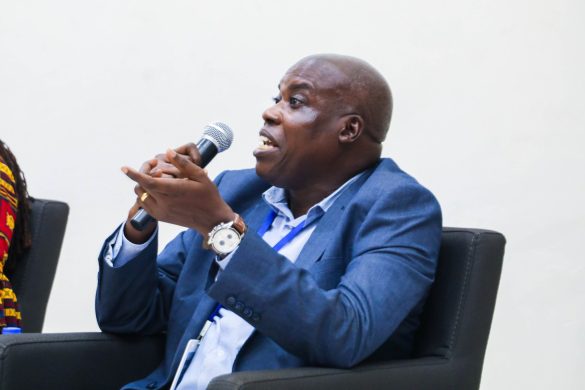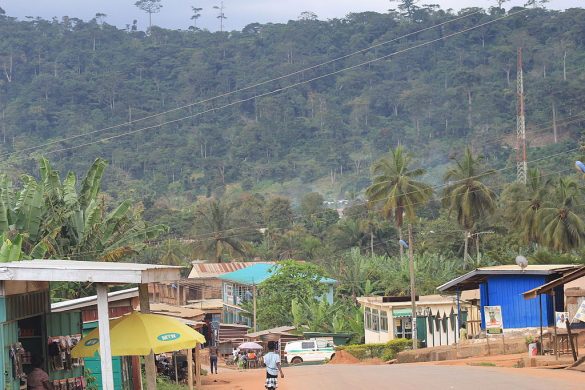The World Bank Board approved Thursday a credit of 62 million US dollar to implement the second phase of a project which aims at improving urban living conditions in the five largest cities of Ghana.
The project will improve access to roads, sanitation, drainage, street lighting, and water supply for the populations of Accra, Kumasi, Sekondi-Takoradi, Tamale, and Tema.
– The target is to address the main infrastructure-related aspects of urban environmental management while building institutional and financial capacity in the five Ghanaian towns to sustain these activities, said Gerhard Tschannerl, the World Banks Task Team Leader for the project.
The storm drainage component of the project is expected to reduce the frequency, severity, and duration of flooding in the low-lying areas of the five towns, notably Accra.
The project will also increase the amount and regularity of refuse collection and of its disposal, including through the construction and rehabilitation of school latrines and a liquid waste management facility in Accra.
– Its implementation will ensure that the population residing or working near the present refuse dumps benefit from better environmental conditions and that the administrators of the five towns receive skills training in generating resources internally to sustain these activities, added Tschannerl.
The Second Urban Environmental Sanitation Project (UESP–2), as it is known, advances an integrated approach to urban development.
The integrated approach combines infrastructure provision with capacity building, puts in place systems that are sustainable in the long-term, and covers a whole range of institutional, technical and environmental reforms. UESP-2 is a repeater project – the first of its kind – to UESP-1, on whose successes it builds.
The project is funded by a credit from the International Development Association (IDA), the World Banks lending arm for the poorest countries. It is provided at the standard commitment fee of 0,5 percent, a service charge of 0,75 percent, and a maturity of 40 years, including a 10-year period of grace.
The Government of Ghana, local communities, the five cities involved and the Nordic Development Fund in Helsinki will finance the project with an additional 19 million dollar.
For more information on the World Banks work in Ghana visit: www.worldbank.org/afr/gh



